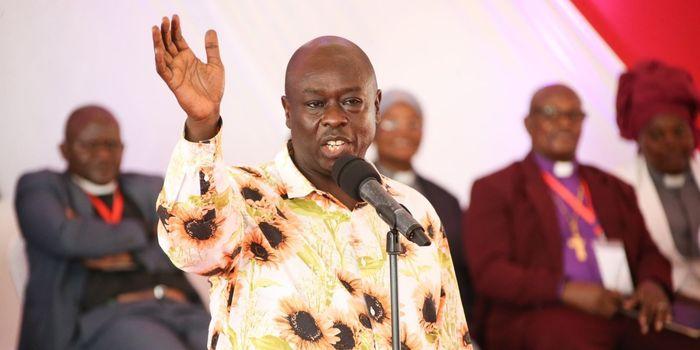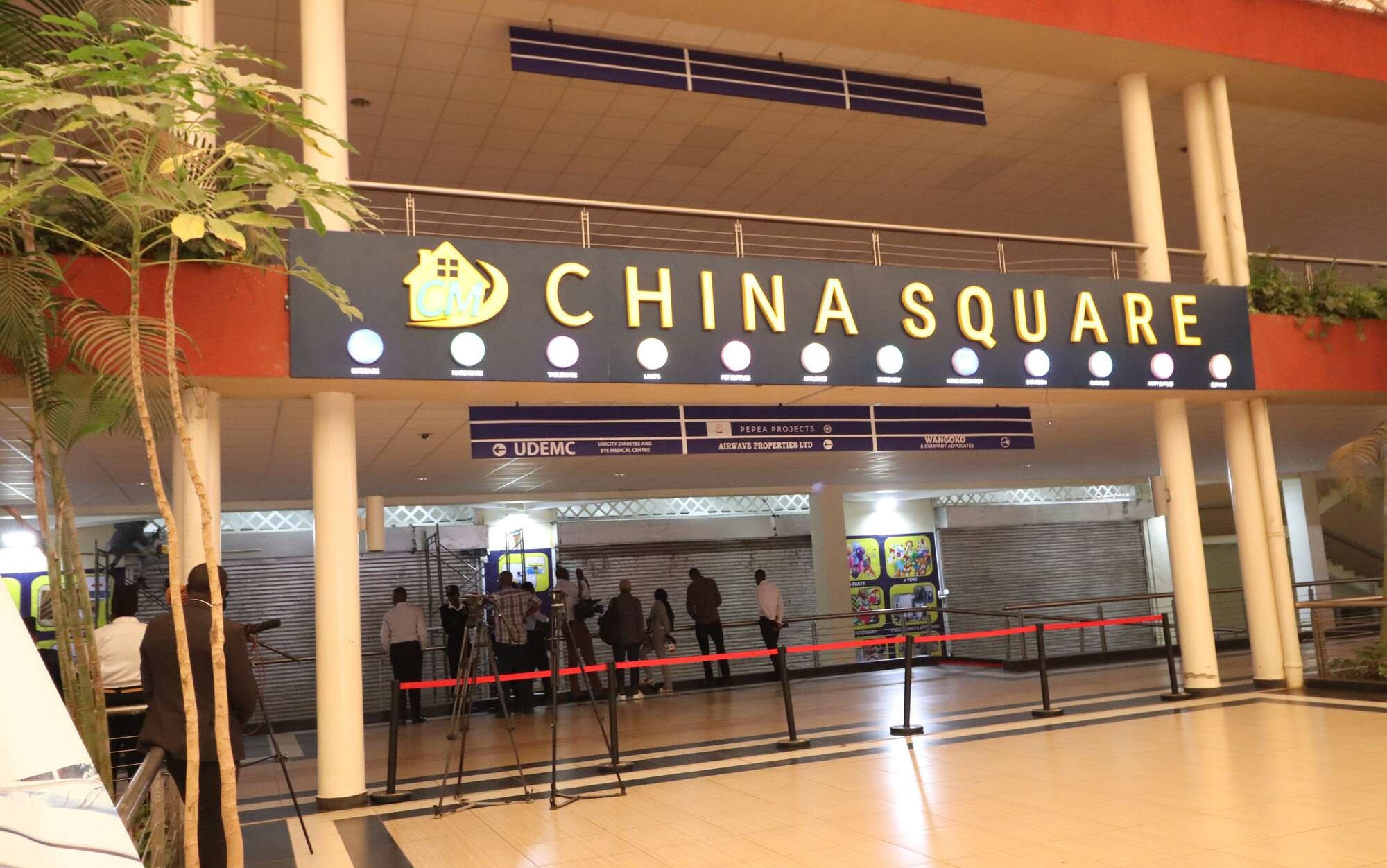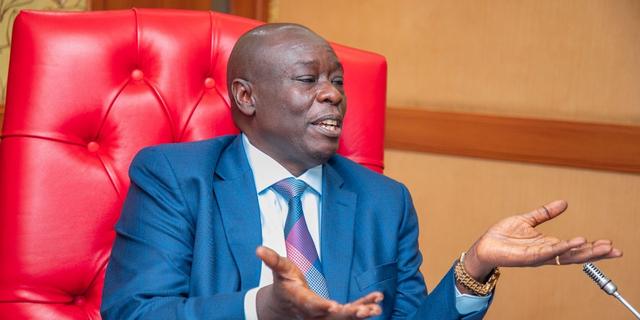Vice President Rigathi Gachagua will meet with Nyamakima traders on Wednesday to discuss the "takeover" of local marketplaces by foreigners.
The appointment was announced by Anne Nyokabi, organizing secretary for the Importers and Small Traders Association.
Although some economic experts have cautioned that this could undermine the global concept of trade liberalization and lead to pricing cartels, local traders contend that they should be allowed to manage the wholesale and retail ends of the value chain.
The meeting was in response to the uproar caused by the opening of China Square, a general merchandise retailer with prices typically 45 per cent less than those of locally owned businesses.
Did you read this?
Moses Kuria, the trade secretary, had previously stated that the government intended to push for the closure of China Square, only to reverse course on Sunday.
"I've made Prof. Paul Wainaina, vice chancellor of Kenyatta University, an offer today to buy out China Square's lease and transfer ownership to the Gikomba, Nyamakima, Muthurwa, and Eastleigh Merchants Association. We welcome Chinese manufacturers, not traders, to invest in Kenya, "In Mr Kuria's words.

On Sunday, he returned and declared, "We would embrace foreigners as manufacturers and partner entities with our local traders."
Appearing on Inooro TV, Ms Nyokabi claimed that Mr Gachagua approved the appointment due to the traders' threats to carry out a large-scale protest to support the concept of profit-guaranteed pricing.
We intended to protest the government because foreigners, particularly those from China and Pakistan, had seriously infiltrated our commercial area.
On February 23, Mr Gachagua restated his commitment to serving as the protector angel for Mount Kenya region-based businesses in Nairobi during a speech in Murang'a County.
"The government of President William Ruto will respect businesses and would never entertain any aspect that threatens existing firms," he declared.
He mentioned the Nyamakima traders as having suffered under the administration of the late President Uhuru Kenyatta, "where the government presided over the destruction of locally based importers' goods in the name of battling counterfeits."
According to Ms Nyokabi, "Mr Gachagua was informed about the planned protests and sent emissaries to us with information that he requested that we meet and engage in discourse, providing March 1 as the date."
There are those of us still planning to hold scheduled public protest marches, but I implore them to seize this opportunity for conversation first, according to Ms Nyokabi.

The remedy to the market distortions and flaws introduced by these outsiders, she continued, is what we are all working toward as a group.
She stated that the meeting's agenda would be to look for legislative changes limiting foreign investment in the value chain's manufacturing sector.
She said we shouldn't let these foreigners keep entering the market as producers, distributors, wholesalers, retailers, and consumers because they benefit from export rebates from their home nations and can afford to practice cost-to-cost pricing in the retail sector.
According to her, the Chinese who have won contracts in the nation turn into consumers of their own imports, preventing local suppliers from participating in government spending initiatives.
According to Ms Nyokabi, international exports receive 15% refunds.
"All they have to do is export and earn from the refunds. In a typical cargo, they bring in over Sh3 million. They can afford to reduce their retail prices to the absolute minimum because they made a big profit " Nyokabi spoke.









